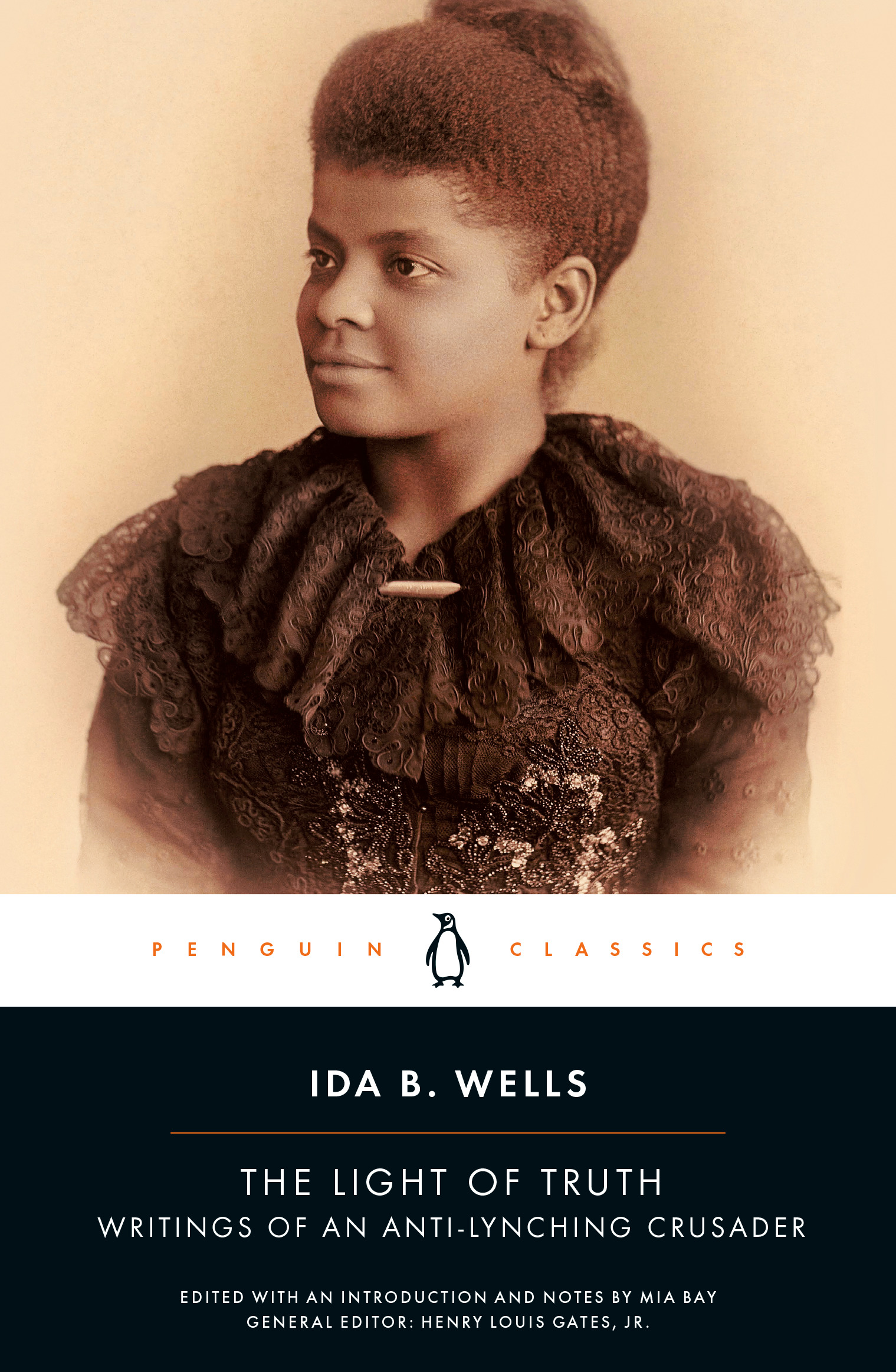Ida B. Wells
Ida Bell Wells-Barnett (July 16, 1862 – March 25, 1931) was an American investigative journalist, educator, and early leader in the civil rights movement. She was one of the founders of the National Association for the Advancement of Colored People
... Read more
Ida Bell Wells-Barnett (July 16, 1862 – March 25, 1931) was an American investigative journalist, educator, and early leader in the civil rights movement. She was one of the founders of the National Association for the Advancement of Colored People (NAACP). Over the course of a lifetime dedicated to combating prejudice and violence, and the fight for African-American equality, especially that of women, Wells arguably became the most famous Black woman in America.
Born into slavery in Holly Springs, Mississippi, Wells was freed by the Emancipation Proclamation during the American Civil War. At the age of 16, she lost both her parents and her infant brother in the 1878 yellow fever epidemic. She went to work and kept the rest of the family together with the help of her grandmother. Later, moving with some of her siblings to Memphis, Tennessee, she found better pay as a teacher. Soon, Wells co-owned and wrote for the Memphis Free Speech and Headlight newspaper. Her reporting covered incidents of racial segregation and inequality.
In the 1890s, Wells documented lynching in the United States in articles and through her pamphlet called Southern Horrors: Lynch Law in all its Phases, investigating frequent claims of whites that lynchings were reserved for Black criminals only. Wells exposed lynching as a barbaric practice of whites in the South used to intimidate and oppress African Americans who created economic and political competition—and a subsequent threat of loss of power—for whites. A white mob destroyed her newspaper office and presses as her investigative reporting was carried nationally in Black-owned newspapers. Subjected to continued threats, Wells left Memphis for Chicago. She married Ferdinand L. Barnett in 1895 and had a family while continuing her work writing, speaking, and organizing for civil rights and the women's movement for the rest of her life.
While her work contains extensive documentation of lynchings -- she was one of the first to do so -- her work is notable for its real-time reporting on the prevalent incendiary propaganda about Black rape that was used to justify the practice.
In 2020, Wells was posthumously honored with a Pulitzer Prize special citation "[f]or her outstanding and courageous reporting on the horrific and vicious violence against African Americans during the era of lynching."
Less





